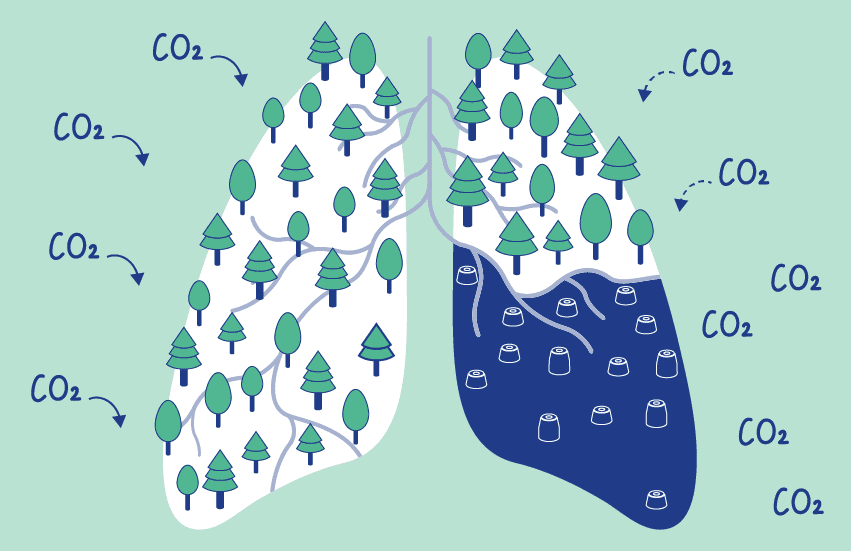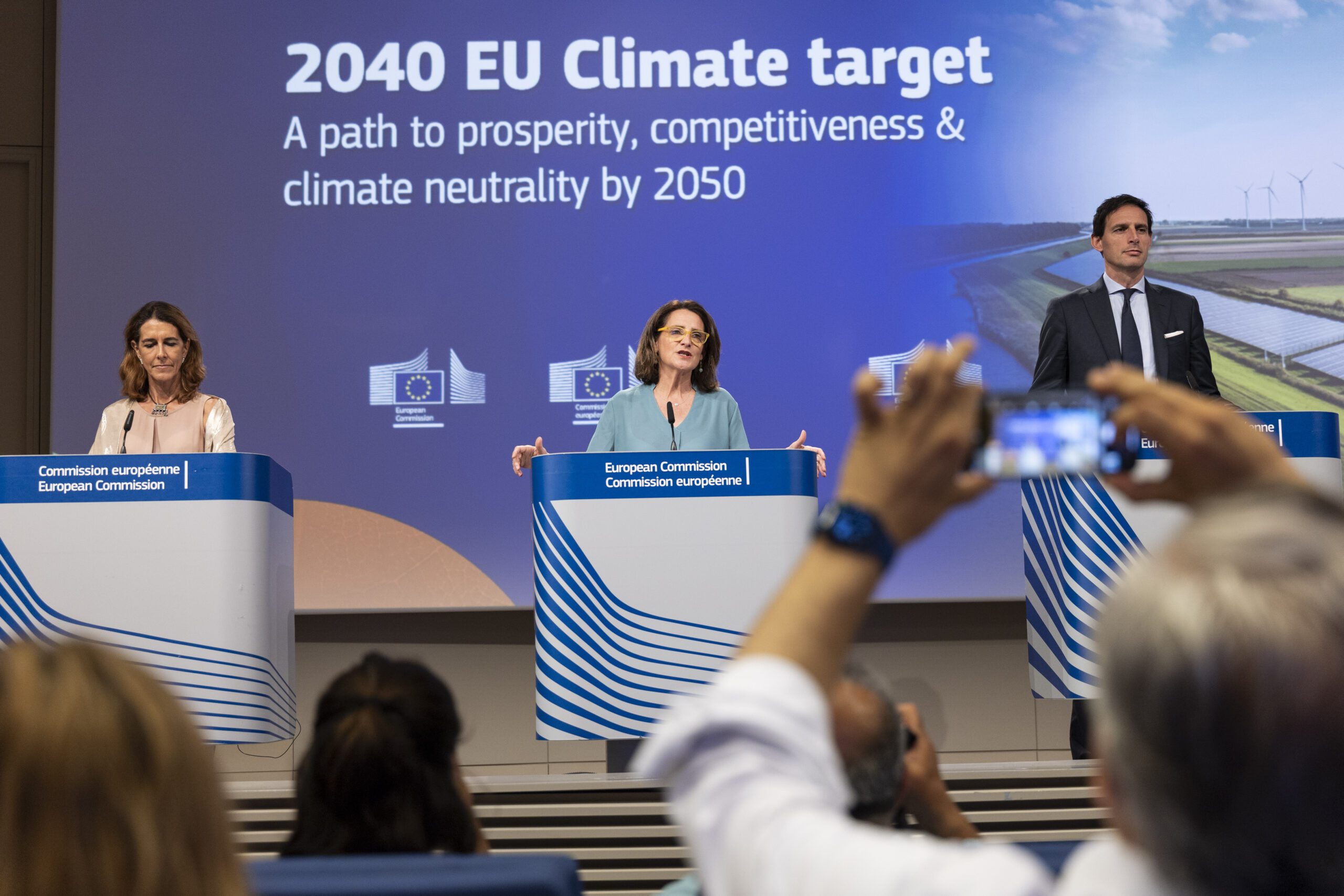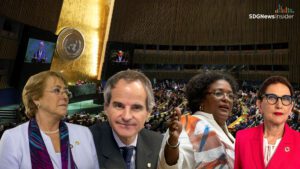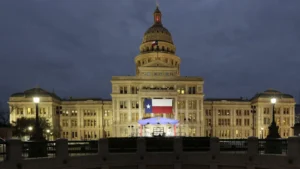Key Impact Points:
- Taskforce Report: Global progress on net zero policies is advancing, but the policy landscape is still misaligned with a 1.5°C future.
- All G20 countries now have some form of net zero policies, with non-state actor-focused policies tripling since 2020.
- Comprehensive climate-related justice and systematic approaches to social and nature considerations remain lacking.
Progress on Net Zero Policies
The Taskforce on Net Zero Policy, an initiative rooted in the UN Secretary General’s High-Level Expert Group (HLEG) on Net Zero Emissions Commitments of Non-State Entities, has released its first report: Net Zero Policy Matters: Assessing Progress and Taking Stock of Corporate and Financial Net Zero Policy. This report highlights both achievements and existing gaps in global policy frameworks supporting net zero goals.
Helena Vines Fiestas, Taskforce Co-Chair, stated: “Our research presents a mixed picture. On one hand we should be encouraged – policy action is accelerating and broadening in most G20 countries… But there is no escaping the fact that the steps we’ve seen are not enough to align us with the goals of the Paris Climate Agreement.”
Key Findings: Progress and Challenges
The Taskforce assessed over 1,000 policy instruments across the G20, discovering significant progress. Since 2020, policies focusing on non-state actors (NSAs) have tripled, and all G20 countries now have measures supporting net zero transitions. Examples of actionable policies were found in regions including South Africa, which has implemented obligations on companies related to energy and deforestation.
Change the World - Subscribe Now
Despite these advances, the report underscores a major policy gap: none of the nine UN HLEG recommendations are fully embedded in G20 policies. Most existing measures do not sufficiently align with the 1.5°C climate goal.
Andrea Meza Murillo, Taskforce Co-Chair, emphasized: “…while we’ve seen the focus of non-state actor-related policy begin to expand, there are still blind spots that urgently need to be addressed.”
Areas for Improvement
Policymakers have begun considering nature, adaptation, and social justice, but these elements remain under-addressed in net zero policies, limiting comprehensive action. The “Do No Significant Harm” principle has been a positive step, yet a clear framework that prioritizes vulnerable communities is absent.
Laurence Tubiana, CEO of the European Climate Foundation, remarked: “Nearly all the G20, and many other countries have set net zero targets… COP29 and COP30… present a critical opportunity for policymakers to learn from the best practice examples… and to embed robust net zero policies.”
The Path Ahead
As the Taskforce continues its work into 2025, the focus will be on promoting learning and policy alignment, with findings to be presented at COP30. The report calls for countries to bridge these gaps and adopt comprehensive policies that guide NSAs effectively toward high-integrity net zero commitments.
Catherine McKenna, HLEG Chair, noted: “…it is heartening to see the progress… Leaders have shown that regulating Net Zero commitments can be done… It’s now time for all G20 countries to implement policies that ensure non-state actors have clear direction…”
Her Excellency Razan Khalifa Al Mubarak, stressed: “…momentum is underway; yet more action is needed to fully establish this enabling environment.”
Related Article: Financing the Green Energy Transition: A Path to Net Zero

 Follow SDG News on LinkedIn
Follow SDG News on LinkedIn











